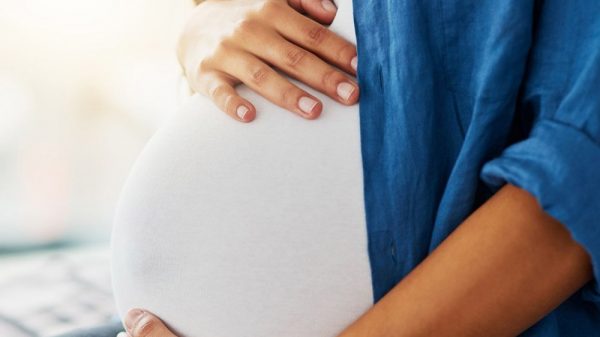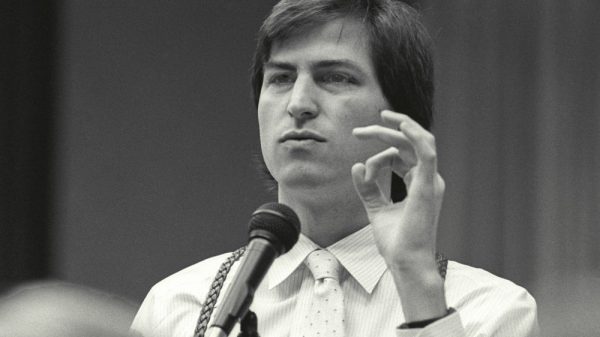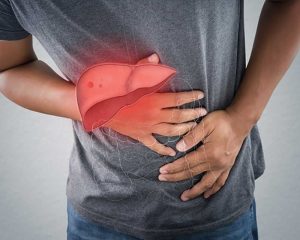Many people are not aware that they already have a “fatty liver”. That’s why experts often refer to this condition as “the silent killer.” If you have it, you will neither feel pain nor experience any other symptoms. Except you find out from a routine checkup, there is usually nothing to alert you or your doctor that something is wrong. The only time people get to know in most cases I when the condition has become more advanced. By this time, there would already be serious scarring of the liver (liver cirrhosis) and many other symptoms due to the inability of the liver to function properly. Is there anything like ketogenic diet liver cirrhosis? Does keto help treat liver cirrhosis or contribute to it?
Weight-loss is the most important step in treating fatty liver disease. When you lose weight, the levels of inflammation and fat in your liver will reduce. As such, poor eating can aggravate the situation. Fat-laden diets can also make fatty liver worse. This is where the dilemma of keto diet comes in. Keto diet promotes weight-loss, but it is also fat-laden. So what are we to make of it? Will it contribute to fatty liver and cause cirrhosis or will it reverse fatty liver and prevent or improve cirrhosis? Read on to find out the answers.
How Diet Affects Your Liver
Unlike what many people think, sugar is the biggest culprit when it comes to Non-alcoholic fatty liver. One type of sugar that is very dangerous to your liver is fructose. This is the sugar type present in fruits and high-fructose corn syrup.
Fructose, as well as many other sugars, promotes fat storage in the liver. So when you eat lots of sugar (or carbs) alongside lots of saturated fat, your liver is in great danger. You have supplied fats and given your body enough sugar to ensure that your liver stores the fats. This can cause fatty liver.
So you see that saturated fat on its own is not bad for your liver. But when you combine it with sugar it becomes dangerous. We will explain this better later on.
Sugar leads to a spike in your blood glucose levels. When this happens, your body secretes insulin to withdraw the glucose from your blood to store it in the form of glycogen.
However, glycogen storage is not so big. So if you eat so much sugar, your glycogen storages will be exhausted. Then, your body will convert the remaining glucose into fats. If your state of health is optimum, the extra fat will be stored in fat cells and will gain weight.
But then, if you keep burdening your body with excess sugar (or fat and sugar together) over time, you will develop insulin resistance. This means that your body will become resistant to insulin signaling. As such, your body will begin to dump fats in your bloodstream.
When fats become too much in your blood, your body goes into a panic and begins to send them to the liver. This can, in turn, lead to fatty liver and cause cirrhosis.
The reason why fructose is notorious is that it is transported straight to the liver. And there, it converts into fat.
Ketogenic Diet Liver Cirrhosis: What’s The Link?
Keto is a low-carb diet. This means that you will eat only a few carbs on keto. Most of your calories will come from fats, while some will come from protein. As we told you earlier, carbs and insulin play key roles in the deposit of fats in the liver.
A high-carb, low-fat eating style can make fatty liver worse. This would be more if the sugar in your diet is more. But then, how about the abundant dietary fats present in ketogenic diet? Will this kind of diet cause fat deposits in your liver?
Some recent studies show that keto will not worsen or contribute to fat deposits in the liver. To be honest, most deposits of fat in the liver come from DNL (de-novo lipogenesis). This is the process by which your body produces fats from excess carbs and protein.
More so, there are not enough carbs in the keto diet to drive the storage of fats. There are even countless studies showing that low-carb eating is good for metabolic and liver health.
One study shows that if you eat keto for six months, there will be significant weight loss. The study also found that it will improve fatty liver in those suffering from obesity. By the time the 6 months ended, there was an average weight loss of 28oz. There was also a major reversal of liver damage and inflammation.
Concluding Thoughts
From the beginning, what we know to cause liver damage was too much alcohol. When you drink too much, your liver will accumulate fat. This can eventually shut down your liver. This is how it was until obesity became prevalent.
Since obesity became more rampant, another form of liver disease became quite common. Experts call it NAFLD (Non-alcoholic fatty liver disease). The cause of this condition is nothing but unhealthy eating. If you don’t eat healthily, fats may gradually accumulate in your liver to very dangerous levels.
It is sad to note that one out of every 3 adults in the U.S today has NAFLD. But thankfully, you can both prevent and reverse NAFLD. All you need do is make some dietary and lifestyle adjustments. With these, your liver can bounce back into good shape.
NAFLD itself is not a big problem. It does not cause any symptom or discomfort. It is more or less like a warning signal. When you have NAFLD, there is an excess fat deposit in your liver. However, there is yet to be any form of scarring, as well as minimal inflammation (if ever).
At this stage, you can still arrest the progression by adjusting your diet. One of the diets that can help you accomplish this is Keto. Ketogenic diet liver cirrhosis is not a known condition. Instead, the ketogenic diet can help you manage liver cirrhosis and reverse fatty liver before it becomes liver cirrhosis.























